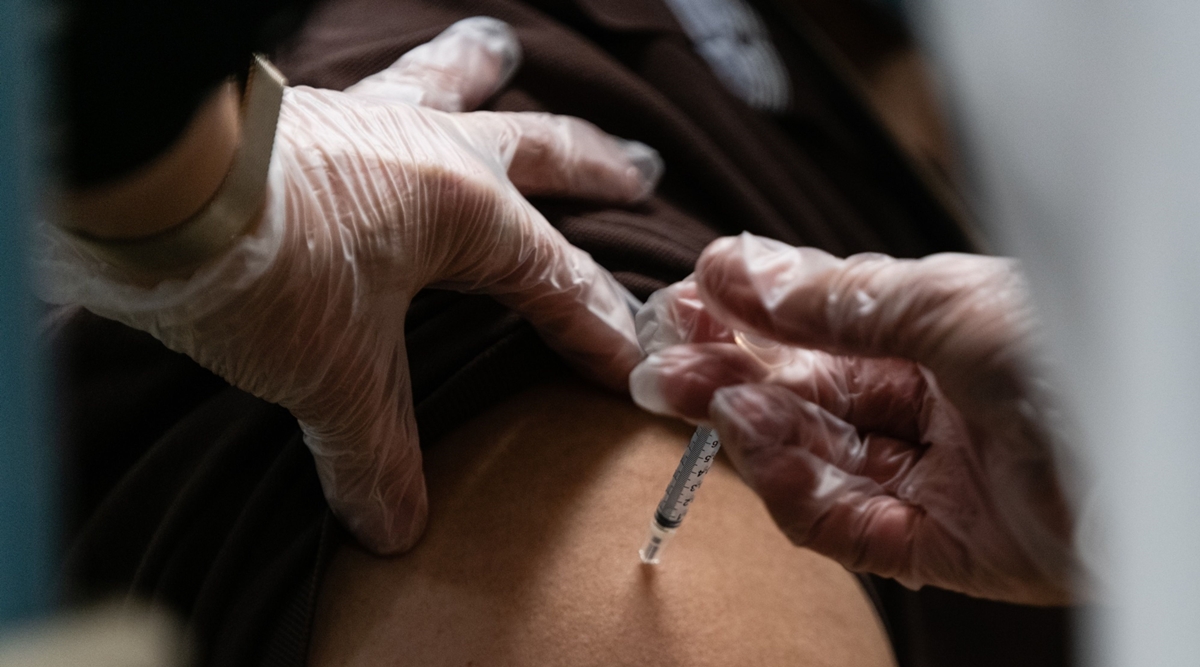
To assess the readiness of the established mechanism for the Covid-19 inoculation campaign, the Center has planned a dry test on December 28 and 29 in four states: Punjab, Assam, Andhra Pradesh and Gujarat.
The exercise will include the necessary data entry into Co-WIN, an online platform for tracking vaccine delivery, receiving and assigning tests, deployment of team members, a mock session sites with the Beneficiaries of the test, as well as a briefing and an evening meeting, the Union Health Ministry said on Friday.
It will also include cold storage testing and transportation arrangements for the COVID-19 vaccine, crowd management at session sites with adequate physical distance, the ministry said.
Each state will plan it in two districts and preferably in five different session type settings: district hospital, community health center (CHC) or primary health care center (PHC), urban site, private health center and rural outreach .
“This exercise will enable end-to-end mobilization and testing of the COVID-19 vaccination process (except vaccine) and will test the use of Co-WIN in the field setting, the links between planning, implementation and presentation mechanisms. reports, will identify challenges and guide the way forward before actual implementation, including improvements that may be necessary in the planned process, ”said the Ministry of Health.
This will also provide hands-on experience for program managers at various levels.
An important focus of the trial will be on the management of any potential adverse post-vaccination event (AEFI), as well as adherence to and management of infection control practices at the session site to prevent disease transmission.
The drill will include simultaneous monitoring and review at the block and district level, and preparation of comments to share with the state and the Center.
The Union Ministry of Health has prepared a detailed checklist that has been shared with the four states to guide them through the trial.
“The central government is preparing for the deployment of the COVID-19 vaccine throughout the country. Since vaccine administrators will play an important role in the immunization process, training of trainers and those who will administer the vaccine has begun in various states, ”the Ministry of Health said.
To strengthen the human resource for vaccine introduction and deployment, detailed training modules have been developed for different categories of vaccine handlers and administrators, including medical officers, vaccinator cold chain handlers, ASHA coordinators, and everyone else involved in the implementation process at different levels.
The training includes all operational aspects of the training such as the organization of vaccination sessions, the use of the IT platform Co-WIN for the management of the entire vaccination process, the deployment of the RR cold chain readiness .HH., The management of adverse events, communications and intersectoral coordination, the management of biomedical waste, infection prevention protocols, among others.
Up to 2,360 participants were trained during a nationwide training of trainers, which included state immunization officials, cold chain officials, information, education and communication officials, and development partners.
“To date, state-level training has been completed in every state and territory of the Union with the participation of more than 7,000 apprentices at the district level, except for Lakshadweep, who will conduct it on December 29. Cascading 681 districts have completed the training of medical officers on operational guidelines, ”said the ministry.
To facilitate the resolution of inquiries about COVID-19 vaccination and the Co-WIN portal, the capacity of the national and state helpline has also been strengthened.
The National Group of Experts on COVID-19 Vaccine Administration (NEGVAC) has recommended three prioritized population groups that include, healthcare workers (about 1 crore), frontline workers (about 2 crore) and group of age prioritized (about 27 crore).
As vaccines are sensitive to temperature, the current cold chain system consisting of 85,634 kits will be used to store the vaccine at some 28,947 cold chain points throughout the country, the ministry said.
The current cold chain is capable of storing an additional quantity of COVID-19 vaccine required for the first three million prioritized inhabitants.
.